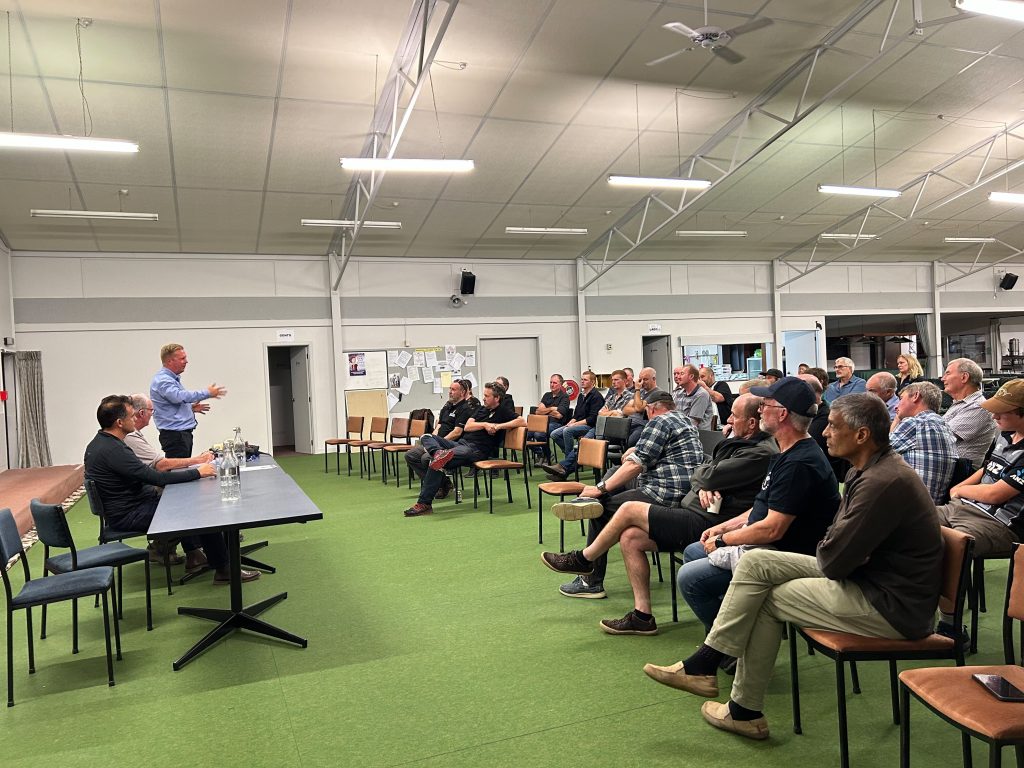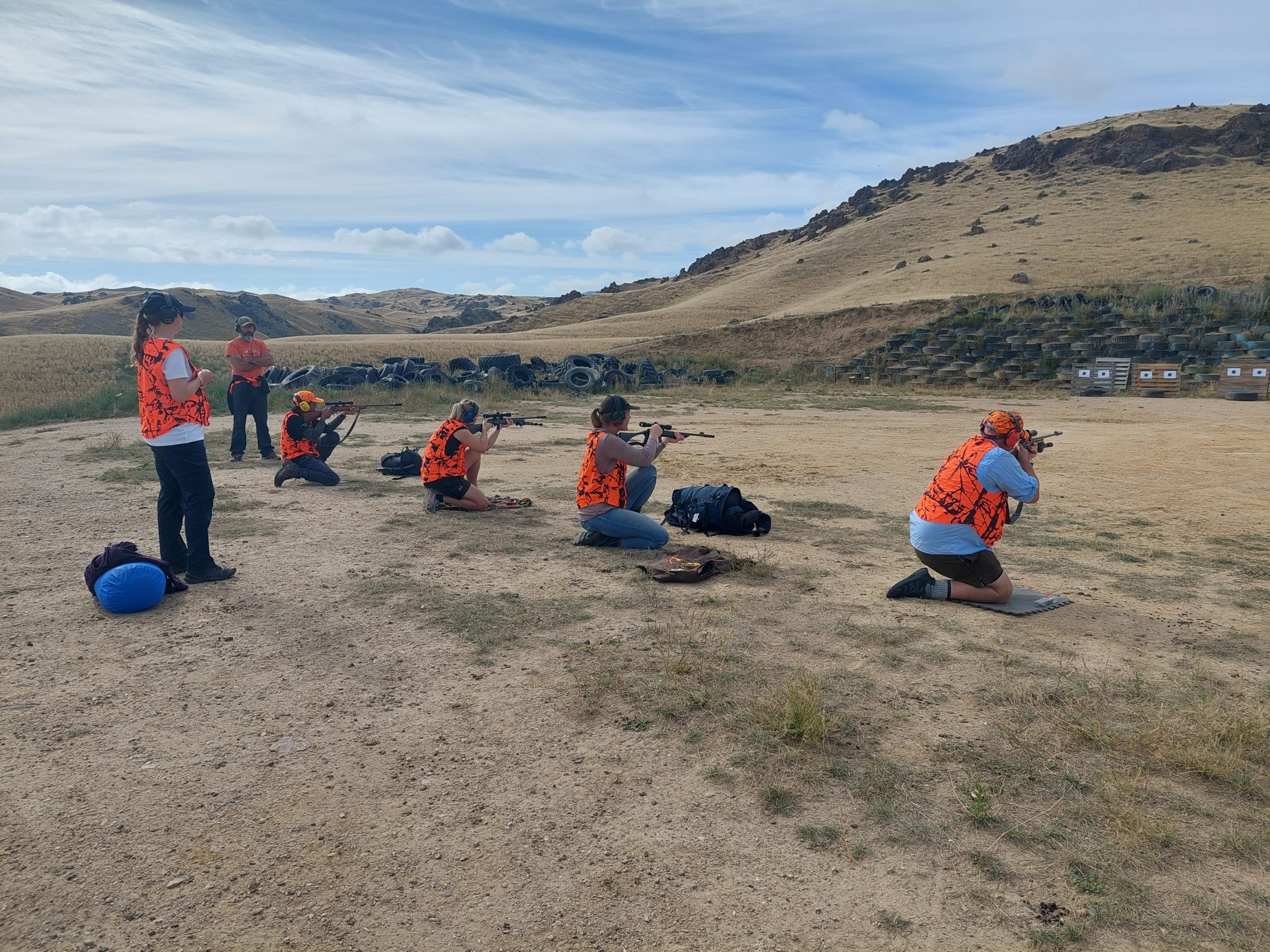Gun registers, hugely increased licence fees and reporting requirements for shooting clubs and ranges have raised the ire of recreational shooters in Central Otago.
In June 2020, the Arms Act 1983 was significantly amended for the first time. Some of the changes to the Arms Act came into effect immediately. Others came into force in December 2020, June 2021 and June 2022. Further changes are scheduled to come into effect in June.
The reforms included a national gun register for every firearm and firearms licence holder, warning flags that would be grounds for police to revoke a licence and confiscate guns, requiring a firearms licence to buy ammunition and halving the lifetime of licences from 10 years to five years.
The national register has been questioned as costly and impractical by the Council of Licenced Firearms Owners, Federated Farmers, and the Game Animal Council. Other changes include the need for shooting clubs and ranges to be certified and to submit annual reports and financial records to the police.
Firearms licences will initially be issued for five years and can be renewed for 10.
The cost of a firearms licence is slated to rise from $126 to as high as $1000.
New Zealand Deerstalkers Association chief executive Gwyn Thurlow said the proposed fee increases would result in restricted access to sport shooting and recreational hunting, particularly for lowerincome communities including rural and Ma ¯ori communities and youth.
It was likely there would be significantly lower uptake of sports that require firearms if fees increased, Mr Thurlow said, adding that as a nation that regularly won medals at Commonwealth and Olympic Games in shooting disciplines, that would be detrimental to shooters attaining world-class skills.
Last week New Zealand Deerstalkers Association groups from Central Otago, Upper Clutha and Queenstown Lakes District met with Southland MP Joseph Mooney and National spokesman for Hunting and Fishing Todd McClay.
Mr McClay said the price of licencing was the smallest part of the ‘‘havoc’’ about to be inflicted on responsible people.

One million people in New Zealand hunted and the National Party had established the portfolio of hunting and fishing to represent their interests, Mr McClay said.
‘‘There is no dedicated voice for those who hunt and fish.’’
Mr Mooney said he had had a gun licence since he was 16 years old. ‘‘It’s important to get outdoors, hang out with mates and gather food.’’
Guns were also an important tool for farmers, he said.
Mr McClay said people in cities were worried about guns after the mass shooting in Christchurch in 2019, he said.
Audience members were united in their belief that responsible gun owners were being punished for the actions of one who was not.
In Christchurch on March 15, 2019 a single person, who was later convicted of 51 murders, 40 attempted murders and engaging in a terrorist act, entered two mosques and shot those at Friday night prayers.
Mr McClay said more rules would not make people safer. There needed to be better rules, not more.
‘‘It ishardly ever a licenced person who causes harm with firearms.’’
A hunter at the meeting said the changes for shooting clubs and ranges were a hindrance due to the time the new reporting rules would take, as much as cost.
‘‘They’re trying to fix something that isn’t broken. Ranges have always been regulated. It’s time as much as money, we’re all volunteers.’’
Cromwell hunter David Priest said separating ranges and clubs from recreational hunters did not work.
‘‘That’s where our kids learn. It’s where we go to sight in our guns and get our eye in at the start of the season.’’
New Zealand Deerstalkers Association Hunter National Training Scheme (HUNTS) assessor and professional guide Pete Henderson, from Cromwell, said gun laws were impacting pest control and safe ways to teach young people to shoot.
‘‘We’re doing everything by the law and we’re being shafted, it doesn’t seem to stop for us.’’
He was arange inspector and there had never been a serious incident on a range in 75 years, he said.
‘‘Law-abiding citizens will become criminals, they are going to hide guns rather than register them due to the cost.’’
Mr McClay said he had started the parliamentary hunting club.
He invited MPs and their families to go out hunting and talk to the hunting community.
That contact had influenced their perspective, which they then passed on to other members of their party, he said.
The proposed $1000 cost of renewing the 250,000 firearms licence would gather $250 million over 10 years, Mr McClay said.
‘‘That’s a ridiculous amount of money to fund a system.’’
While the cost of a gun licence had not risen since 2009 he did not accept it would cost $1000 for each licence, he said.
‘‘We want police spending time on those who use firearms criminally, not law abiding gun owners.’’





